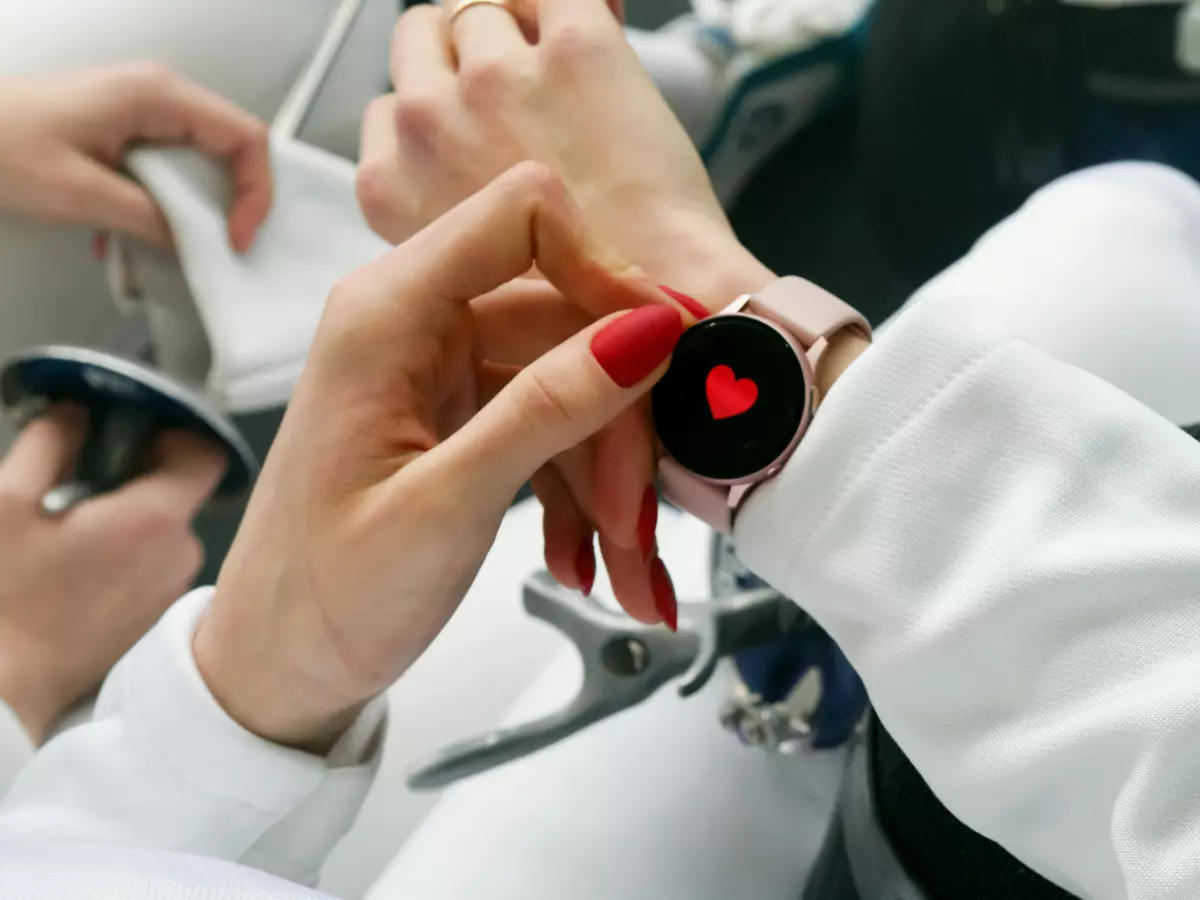Breaking the Glass Ceiling
"The future belongs to those who believe in the beauty of their dreams." - Eleanor Roosevelt

By Hiroshi Tanaka
Smart glasses have been the tech industry's white whale for years. From the infamous Google Glass flop to the lukewarm reception of other smart eyewear, it seemed like no one could crack the code. But now, Meta is stepping up with its next-gen Orion glasses, and the tech world is buzzing with the question: Could Meta finally break the curse?
According to TechRadar, Meta's Orion glasses, alongside the Ray-Ban Meta Smart Glasses, are poised to succeed where Google Glass failed. These glasses are not just about looking cool (though, let's be honest, that helps); they’re packed with features that could make them a game-changer in the world of augmented reality (AR).
Why Meta Might Succeed Where Google Failed
Let’s rewind to the Google Glass era. Back in 2013, Google Glass was supposed to be the future of wearable tech. But it crashed and burned faster than a bad Tinder date. Why? Privacy concerns, a clunky design, and a lack of practical use cases. People just weren’t ready to walk around with a camera strapped to their faces like some sort of dystopian sci-fi movie.
Fast forward to 2023, and Meta seems to have learned from those mistakes. The Orion glasses are reportedly sleeker, more stylish, and—most importantly—more practical. They’re not just about recording your every move (creepy much?), but about enhancing your daily life with AI-driven features. Imagine getting real-time translations, directions, or even notifications without having to whip out your phone. Now that’s something people might actually want to wear.
AI: The Secret Sauce
One of the key differences between Google Glass and Meta’s Orion glasses is the integration of AI. Meta is betting big on artificial intelligence to make these glasses more than just a gimmick. With AI, the glasses can offer personalized experiences, like suggesting the best route to your destination or even identifying objects in your environment. It’s like having a personal assistant, but without the awkward small talk.
And Meta isn’t the only one playing this game. Apple is reportedly working on adding AI and cameras to its AirPods Pro, potentially turning them into a competitor for Meta’s smart glasses. But while Apple is focusing on audio, Meta is going all-in on visual AR experiences. The race is on, and it’s going to be fascinating to see who comes out on top.
Ray-Ban: The Cool Factor
Let’s be real: No one wants to wear something that makes them look like a dork. That’s where Meta’s partnership with Ray-Ban comes in. By teaming up with a brand known for its stylish sunglasses, Meta is ensuring that its smart glasses won’t just be functional—they’ll be fashionable too. The Ray-Ban Meta Smart Glasses are designed to look like regular sunglasses, but with all the techy goodness hidden inside. It’s like James Bond meets Silicon Valley.
So, will Meta’s Orion glasses finally break the Google Glass curse? It’s too early to say for sure, but the signs are promising. With AI integration, a focus on practicality, and a dash of style, Meta might just have what it takes to succeed where others have failed.
In the end, it’s not just about the tech—it’s about how people use it. If Meta can make these glasses something people actually want to wear, they could be the ones to finally crack the smart glasses market wide open.
What do you think? Are we ready for a world where smart glasses are the norm, or is this just another tech fad waiting to fizzle out? Only time will tell, but one thing’s for sure: The future of wearable tech is looking a lot more stylish.




